Guidelines
Looking to be more inclusive in implementation of your activities? Our Guidelines section offers tips and tricks on how to do it!
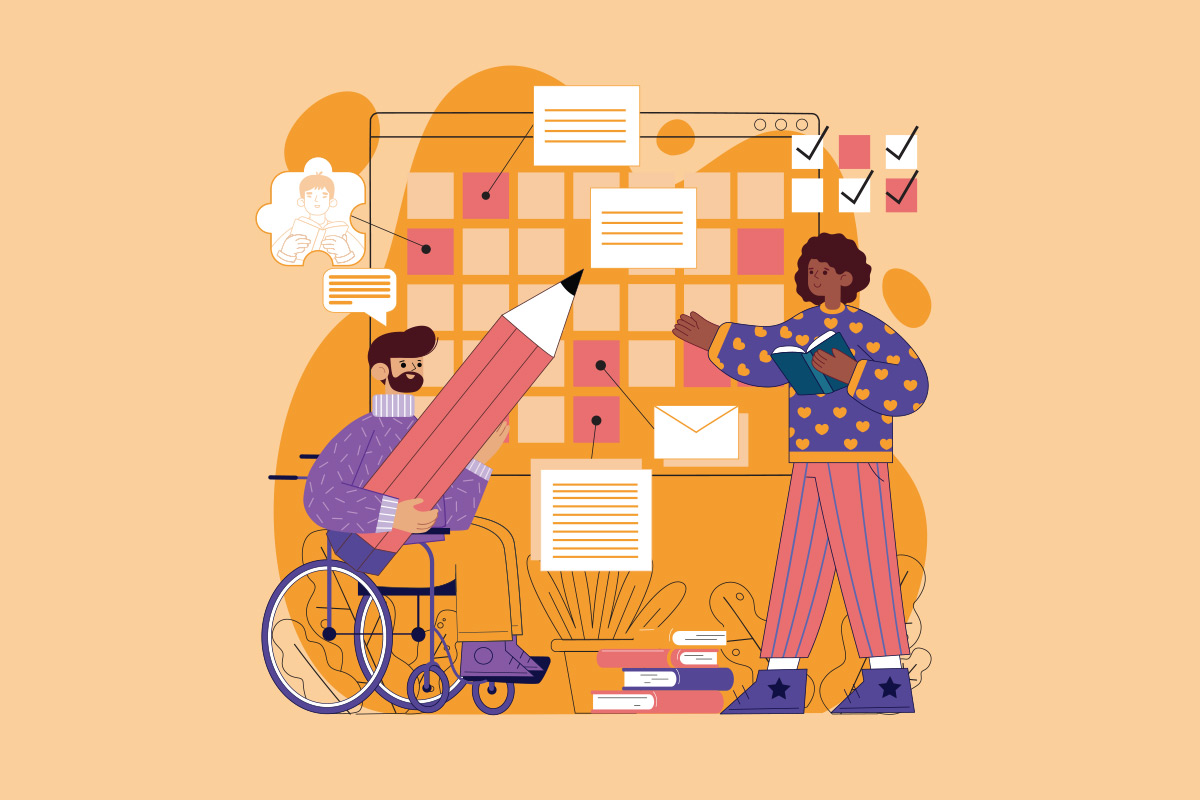
SALTO RESOURCES
Establishing the Role of an Inclusion Officer in a Higher Education Institution: A Practical Guide
BEN
HE
Shows how Inclusion Officers can advance diversity, equity and accessibility in higher education institutions, through practical advice and case studies.
This practical guide for higher education institutions highlights why the role of Inclusion Officer is essential for promoting diversity, equity and accessibility, particularly in the context of international mobility programmes such as the Erasmus+ programme. With insights from interviews, case studies and practical advice, it shows how Inclusion Officers can help universities address systemic barriers, support underrepresented groups and embed inclusive practices into policies, student services and internationalisation strategies. The guide was developed in cooperation with the Academic Cooperation Association (ACA).
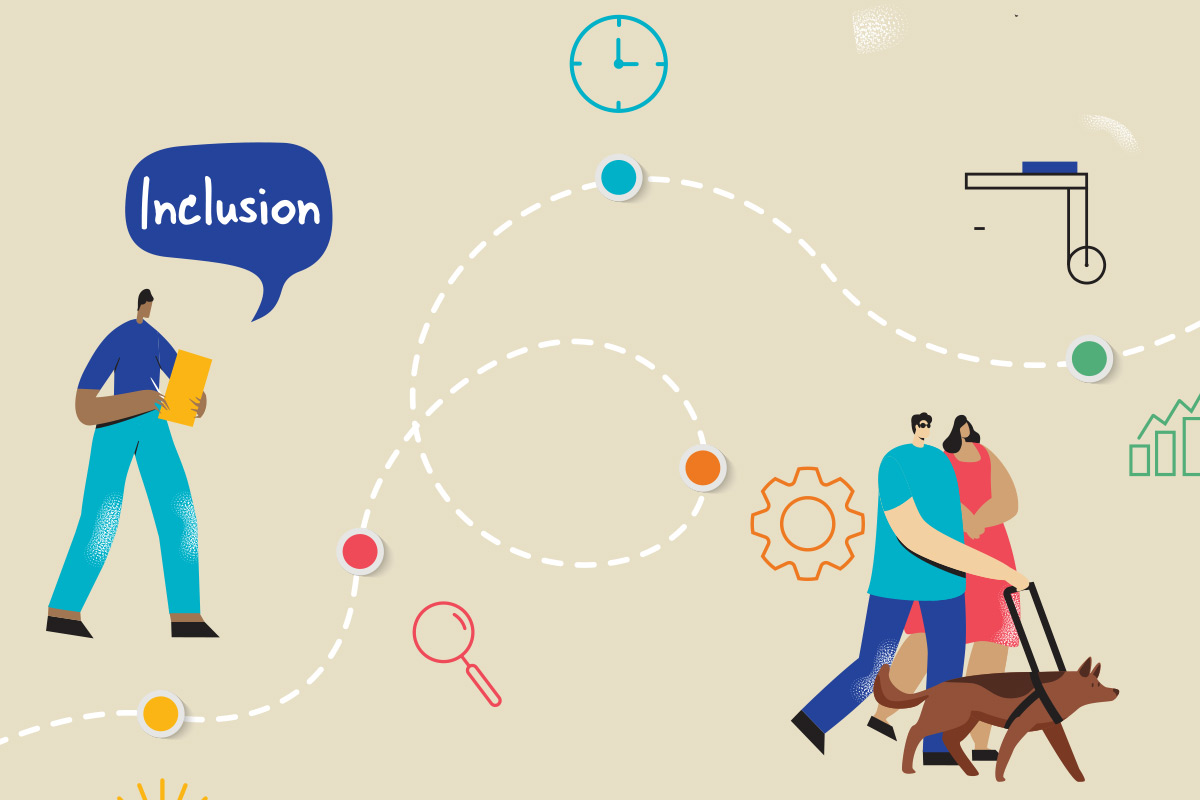
OTHER RESOURCES
Roadmap Towards Active Engagement: Inclusion and Diversity in Erasmus+
BEN
E&T
Guidelines on how to involve persons with fewer opportunities in Erasmus+ projects as active content creators every step of the way.
This publication, developed as part of the Long-term Activity Embrace Inclusion and Diversity in Your Erasmus+ Projects, coordinated by the Agency for Mobility and EU Programmes (Croatia), explores how to shift the project paradigm regarding involvement of people with fewer opportunities in Erasmus+. It encourages moving from the view of these individuals as passive beneficiaries to recognizing them as active content creators before, during and after the project.
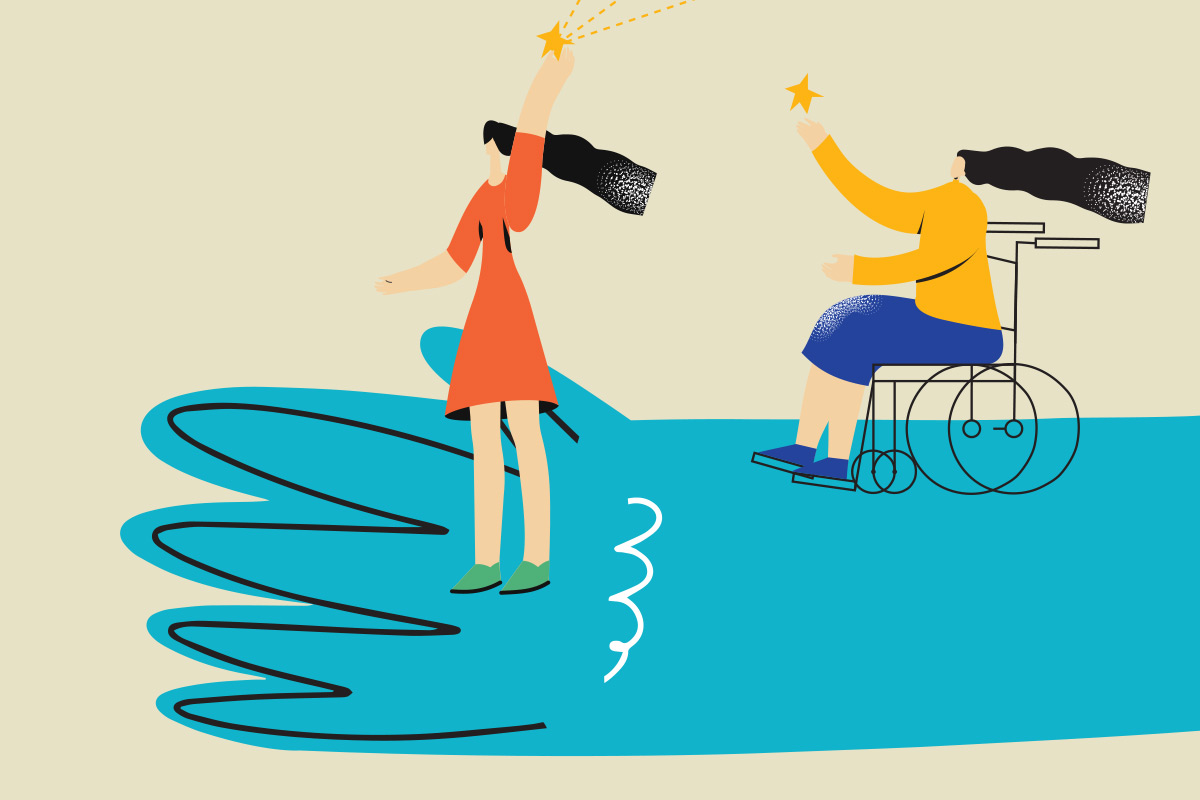
OTHER RESOURCES
Outreach Recipes: Inclusion and Diversity in Erasmus+
BEN
E&T
“Recipes” for understanding the needs of people with fewer opportunities, adapting projects, communicating effectively, and encouraging them along the way.
This publication, which has been adapted by SALTO ID ET, has been developed as part of the Long-term Activity Embrace Inclusion and Diversity in Your Erasmus+ Projects, coordinated by the Agency for Mobility and EU Programmes (Croatia). It stems from a seminar held in Malta in November 2024, where 55 participants, guided by facilitators Sunčana Kusturin and Petar Dukić, contributed to its making through discussions. The aim of the resource is to support Erasmus+ project creators in engaging people with fewer opportunities facing disadvantages due to barriers hindering their inclusion. The document offers practical “recipes” to better understand the needs of persons with fewer opportunities and their families, adapt the project cycle accordingly, communicate with them successfully and provide encouragement where needed.
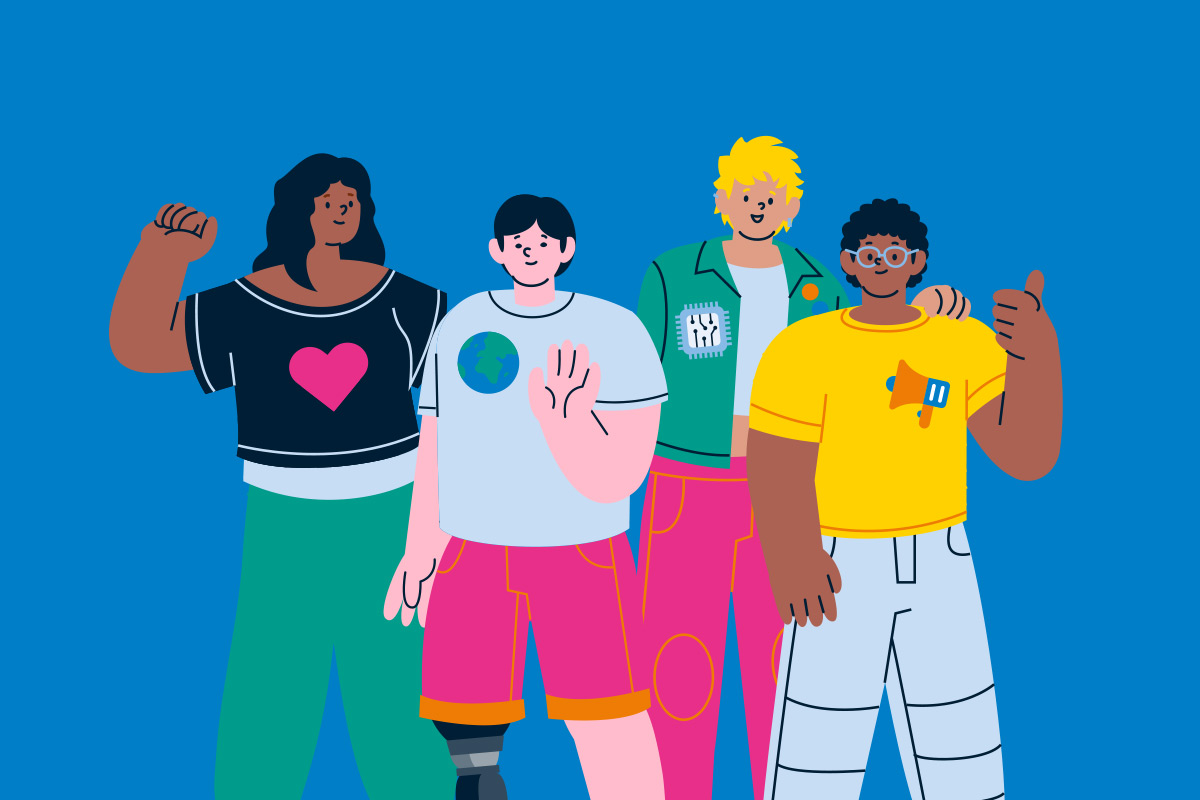
SALTO RESOURCES
Unlock the Power of Priorities
BEN
E&T
Practical guide that helps you understand and apply Erasmus+ and European Solidarity Corps’ four priorities so you can meaningfully integrate them into your projects.
These guidelines, developed by the SALTO Resource Centre for Inclusion and Diversity in Education and Training, provide an overview of steps that every National Agency should consider if it is interested in implementing an inclusion-minded Training and Cooperation Activity (TCA) or Long-term Activity (LTA). The document includes various tools and resources that can assist in developing these types of activities, such as more technical details provided by the SALTO Education and Training TCA Resource Centre, as well as useful resources on the topic of inclusion and diversity itself.
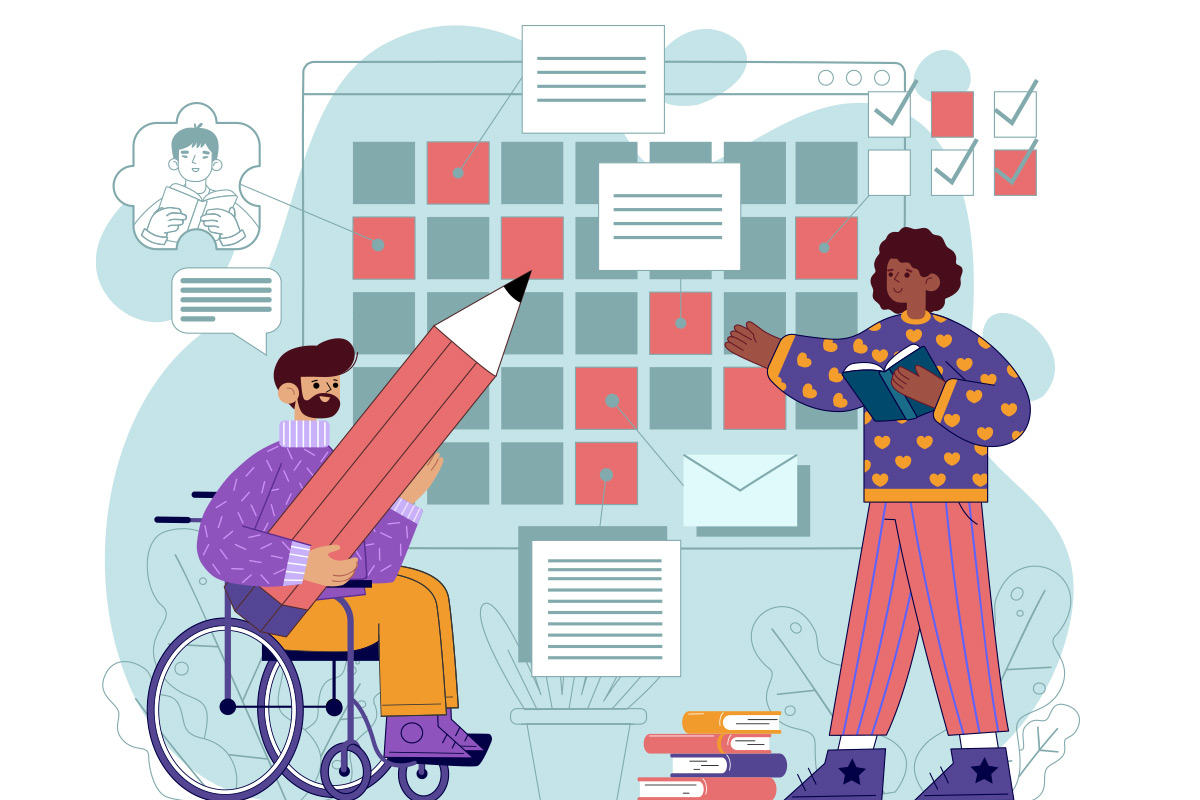
SALTO RESOURCES
TCAs and LTAs – A Powerful Tool to Strengthen Inclusion in Erasmus+!
NA
E&T
This guide walks National Agencies through key steps, tools, and resources for planning inclusive Training and Cooperation Activity (TCA) and Long-term Activity (LTA).
These guidelines, developed by the SALTO Resource Centre for Inclusion and Diversity in Education and Training, provide an overview of steps that every National Agency should consider if it is interested in implementing an inclusion-minded Training and Cooperation Activity (TCA) or Long-term Activity (LTA). The document includes various tools and resources that can assist in developing these types of activities, such as more technical details provided by the SALTO Education and Training TCA Resource Centre, as well as useful resources on the topic of inclusion and diversity itself.
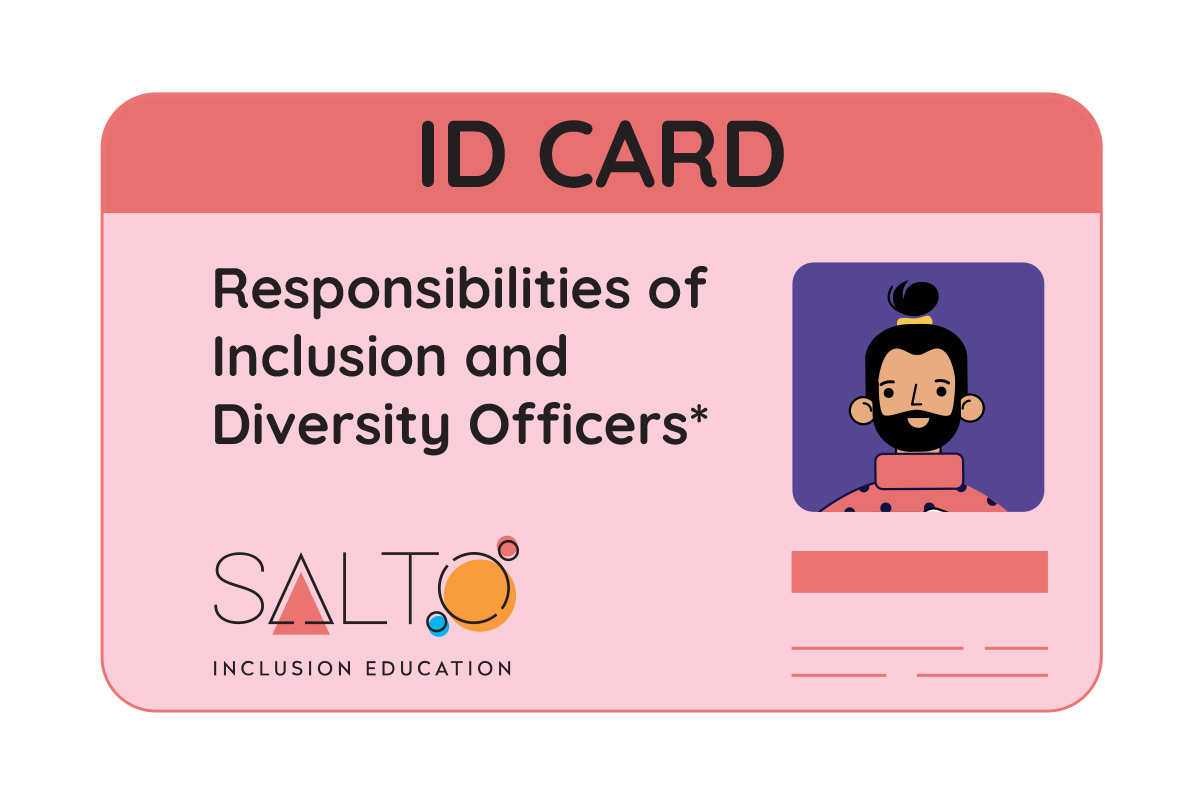
SALTO RESOURCES
ID Card
NA
E&T
Outlines the possible roles and responsibilities of Inclusion and Diversity Officers in National Agencies.
The ID Card, developed by the SALTO Resource Centre for Inclusion and Diversity in Education and Training, outlines the role, and various possible responsibilities of Inclusion and Diversity (ID) Officers within National Agencies. However, it is important to note that these responsibilities may vary depending on several factors, such as the national and sector-specific context, the National Agency’s (NA) organization, size, and available resources. This document is intended to describe, rather than prescribe, the key elements of the ID Officers’ role.
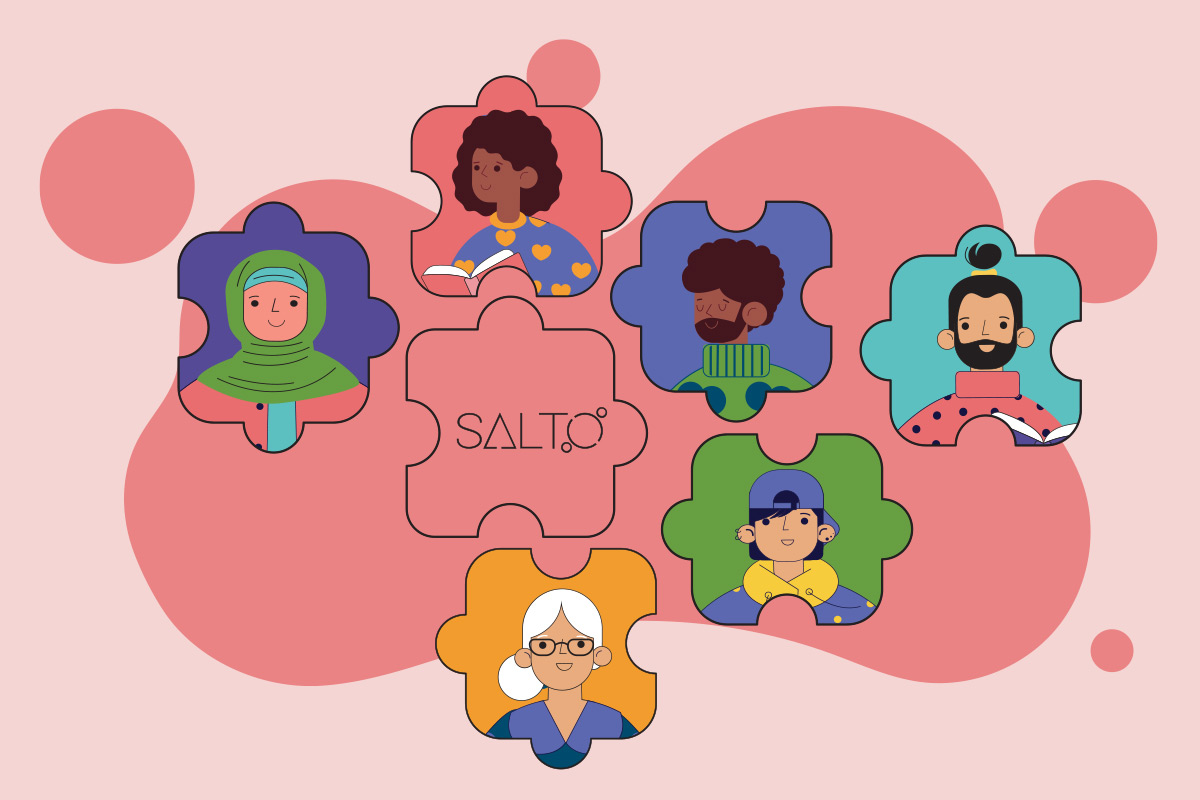
SALTO RESOURCES
A Foreign Experience for Everyone: How to Include Participants with Fewer Opportunities in International Educational Projects
BEN
E&T
Highlights how inclusion financial support in Erasmus+ and the European Solidarity Corps benefits participants with fewer opportunities and strengthens projects through practical scenarios.
Developed by the Czech National Agency for International Education and Research and adapted by SALTO Inclusion and Diversity in Education and Training, this publication showcases how different types of inclusion financial support in Erasmus+ and European Solidarity Corps programmes benefit participants with fewer opportunities. Through short scenarios, it highlights situations where such support can enhance projects and serves as a practical guide.

OTHER RESOURCES
I care. Mantas story. Inclusion in my organisation: the present and a vision for the future
BEN
E&T
Shows how prioritising inclusion can be put into practice to promote justice, solidarity and equality in everyday work and life, offering recommendations and experiences to support this goal.
This publication reminds us that prioritising inclusion is not just an abstract goal, but also a practical action that we may take to contribute to the promotion of justice, solidarity and equality in our organisations, our work and our daily lives. This is a goal that anyone can achieve, following the recommendations and experiences shared in this publication made by the VET National Team from Lithuanian National Agency (Education Exchanges Support Foundation).
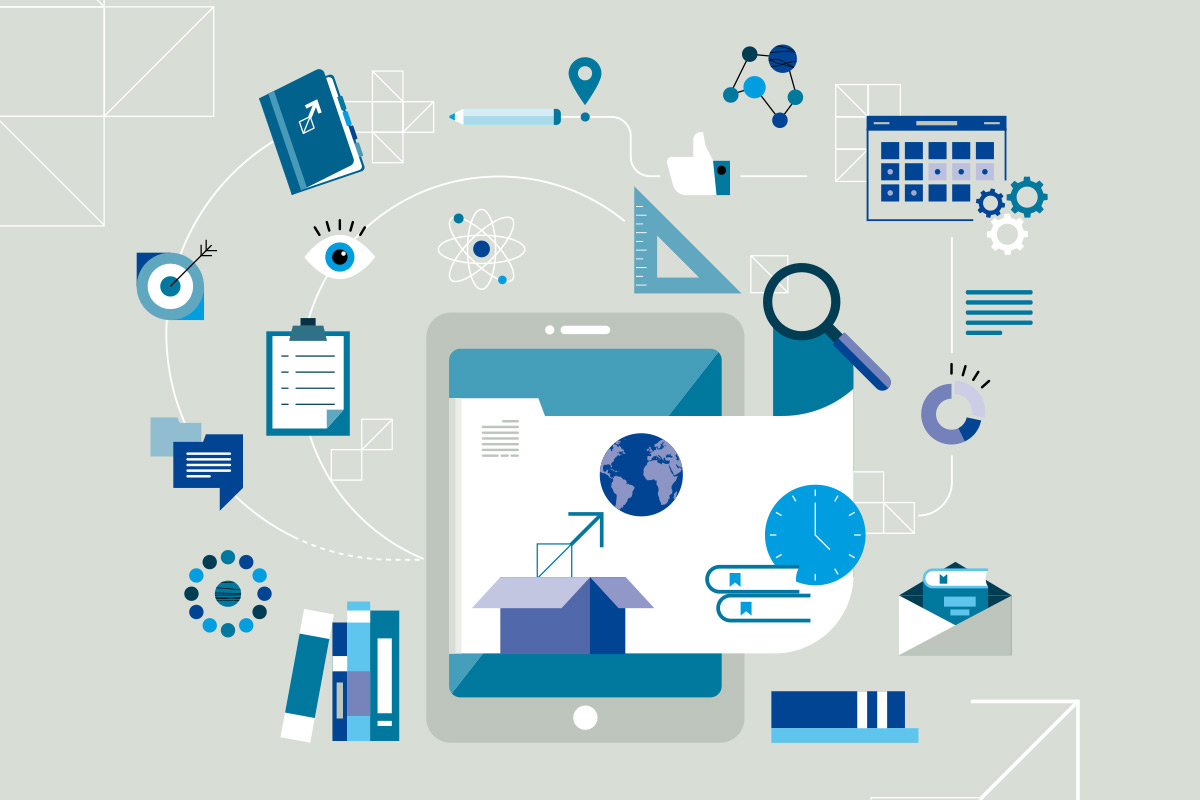
OTHER RESOURCES
Erasmus+ Blended Intensive Programmes. Basic Toolkit
BEN
HE
The toolkit supports higher education institutions in planning, designing, preparing, and implementing Erasmus+ Blended Intensive Programmes (BIPs) across their full life cycle.
ACA members, OeAD, Austria’s Agency for Education and Internationalisation and Nuffic, the Dutch organisation for internationalisation in education, have jointly published this toolkit to support higher education institutions in successfully implementing Erasmus+ Blended Intensive Programmes (BIPs). It addresses the entire life cycle of a BIP and provides tips and tricks for planning, designing, preparing, and implementing them. It is primarily aimed at Erasmus+ coordinators and teaching staff.
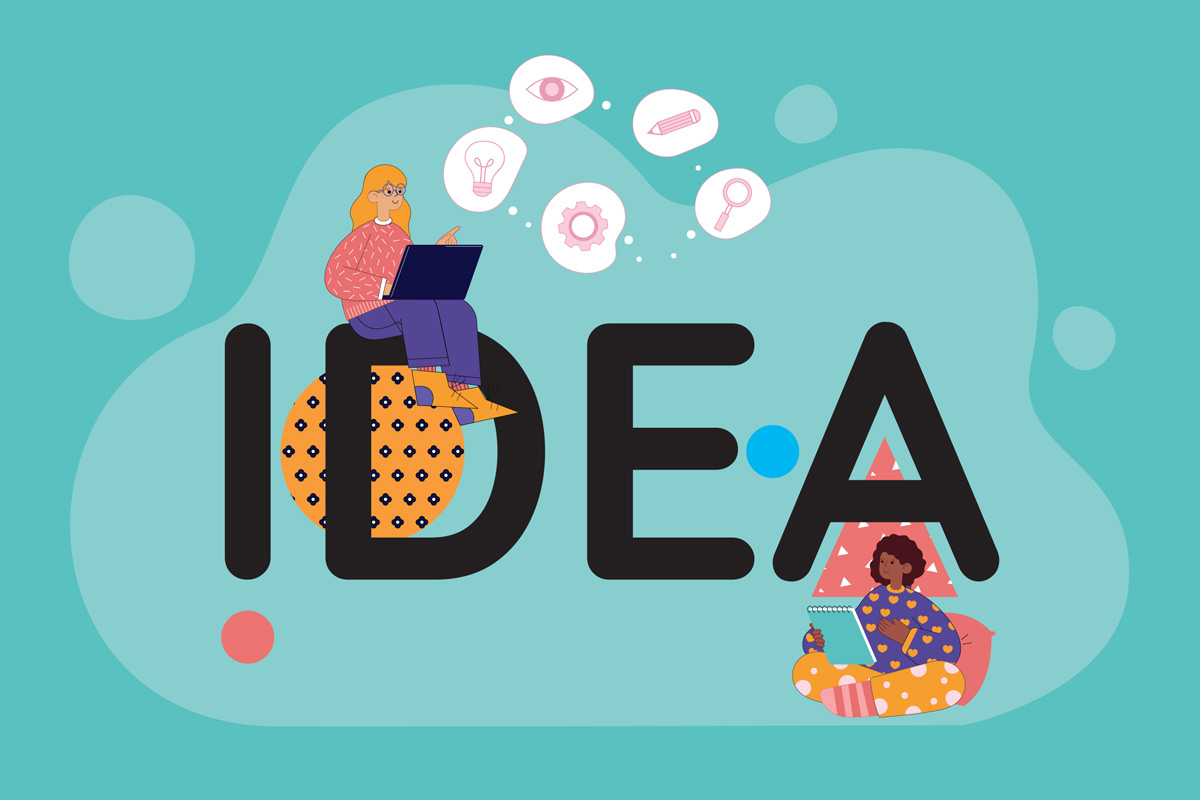
SALTO RESOURCES
IDEA: Inclusion and Diversity in Erasmus+ Assessments
NA
E&T
This publication is for assessors evaluating Erasmus+ Key Action 1 applications across all Education and Training fields. An accompanying e-course for assessors has also been developed based on this publication.
This resource has been developed by the SALTO Resource Centre for Inclusion and Diversity in Education and Training for use by assessors evaluating Erasmus+ Key Action 1 applications, in the fields of Adult Education, Higher Education, School Education and Vocational Education and Training. The purpose of this resource is to help assessors to recognise and reward organisations which positively and effectively address inclusion and diversity in their funding and accreditation applications.
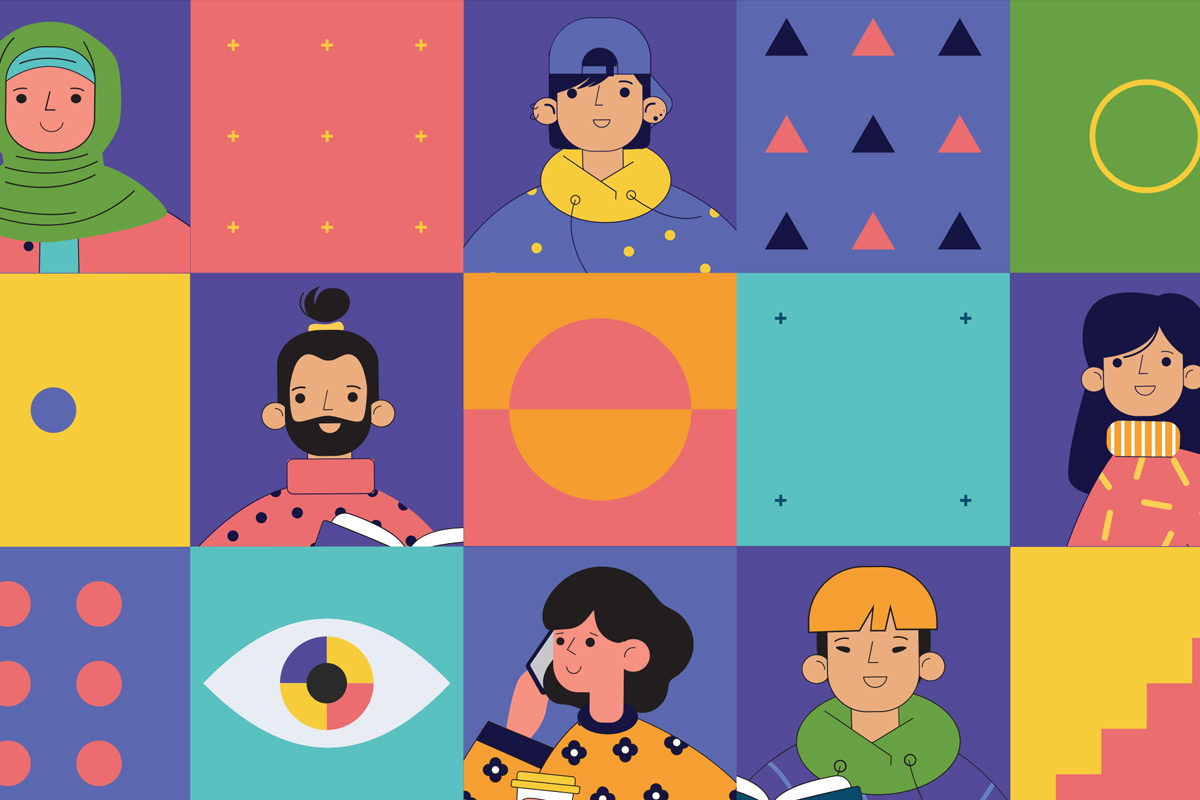
SALTO RESOURCES
How to Establish a Network of Inclusion and Diversity Ambassadors?
NA
E&T
Provides an overview and roadmap for establishing a national network of Inclusion and Diversity Ambassadors.
The purpose of this publication is to provide an insightful overview and propose a roadmap for establishment of a national network of Inclusion and Diversity Ambassadors. It is based on the experience of the Agency for Mobility and EU Programmes (AMEUP), the institution responsible for implementation of the Erasmus+ and European Solidarity Corps (ESC) programmes in Croatia.
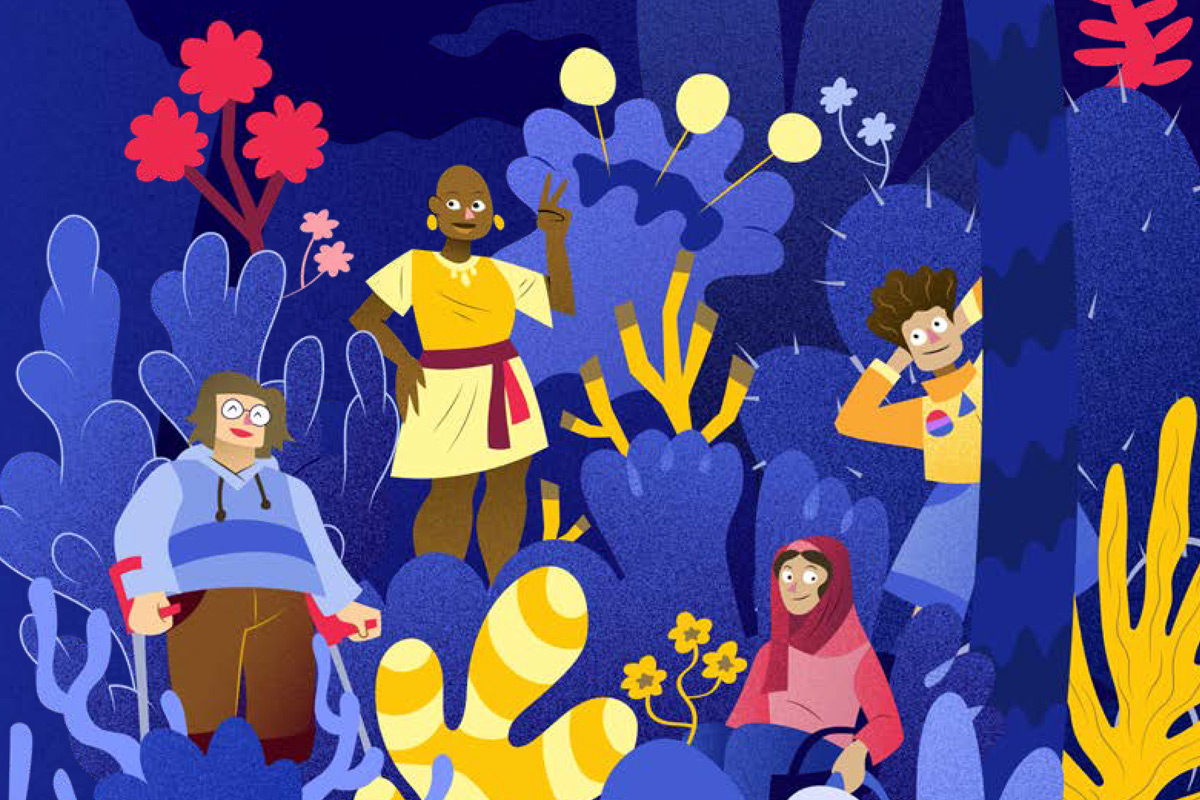
OTHER RESOURCES
The Eurodesk Guide on Inclusive Digital Communication
BEN
NA
E&T
This guide presents seven key principles, practical measures, and examples for creating inclusive and accessible information and communication.
The guide covers general principles relevant to building inclusive and accessible information and communication based on best practices from organisations striving for a more inclusive world. It offers It offers 7 key principles to make information more accessible, as well as concrete measures and examples. Check out also the accessible version of the Guide!
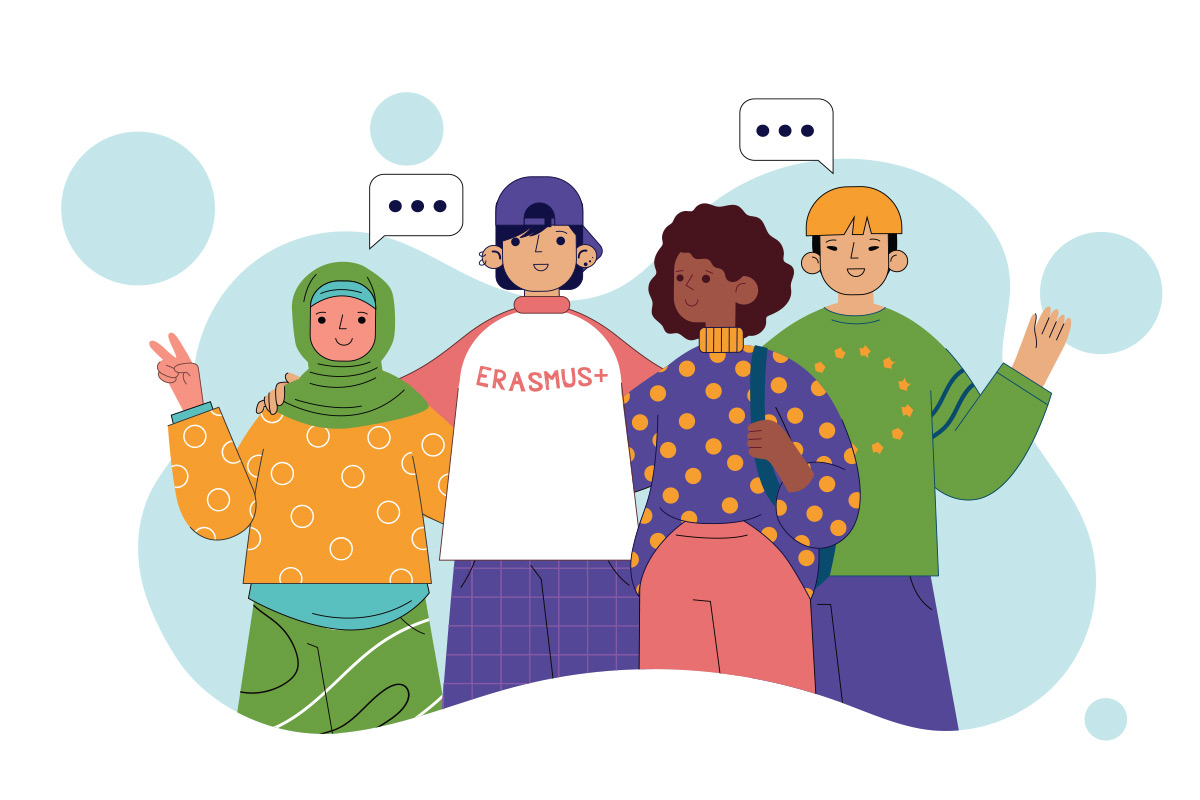
OTHER RESOURCES
INCLUSION AND DIVERSITY: Erasmus+ Opportunities for Stays Abroad
BEN
HE
Two-pager that outlines financial support, flexible and blended mobility options, and key information for students planning Erasmus+ mobilities.
The two pager that provides information about financial support Programme offers to participants and about flexible mobility types or blended mobilities, as well as some other important information for students planning mobilities in Erasmus+. This publication was created in collaboration with DAAD (Deutscher Akademischer Austauschdienst).
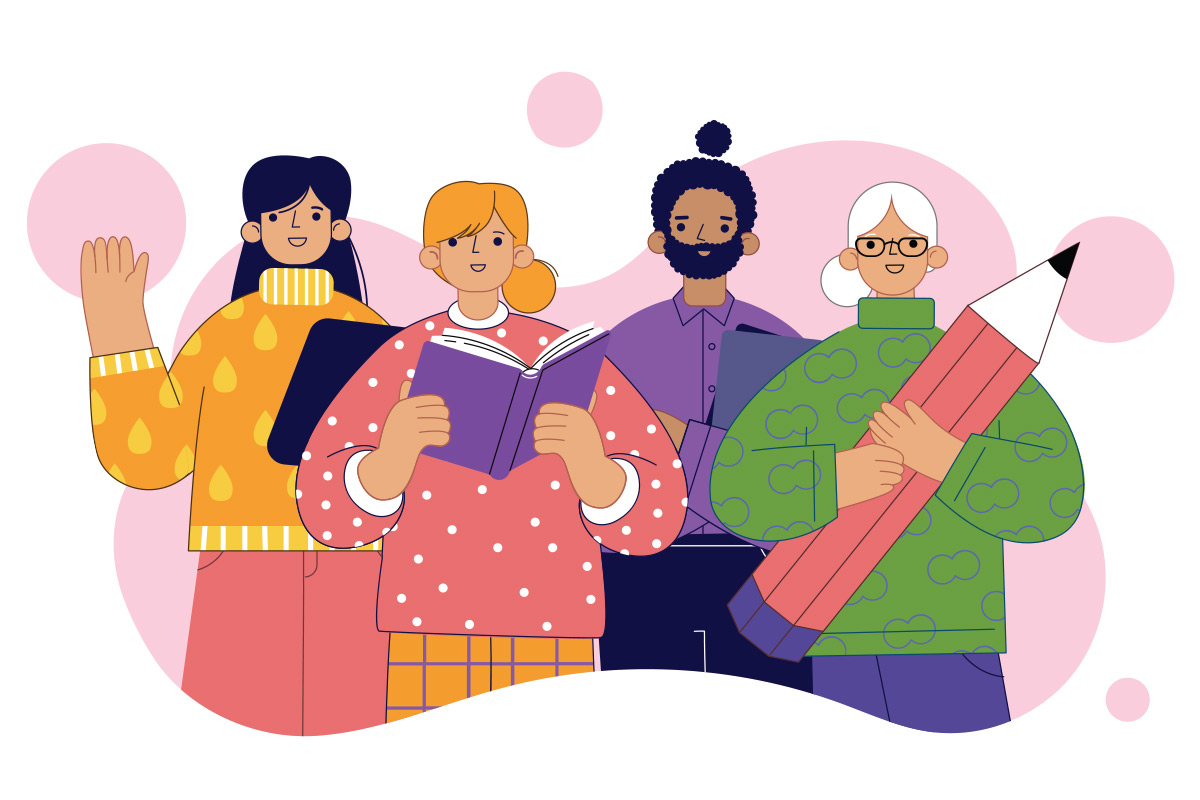
OTHER RESOURCES
INCLUSION AND DIVERSITY: Internationalisation through Erasmus+
BEN
HE
Two-pager that informs higher education institutions about financial support for including participants with fewer opportunities, the role of national agencies and the strategic use of Erasmus+ opportunities.
This two pager targets higher education institutions (HEIs). Among others, it includes information about financial support which Programme offers for inclusion of participants with fewer opportunities, stresses how national agencies can support HEIs and how Erasmus+ opportunities can be used strategically. This publication was created in collaboration with DAAD (Deutscher Akademischer Austauschdienst).
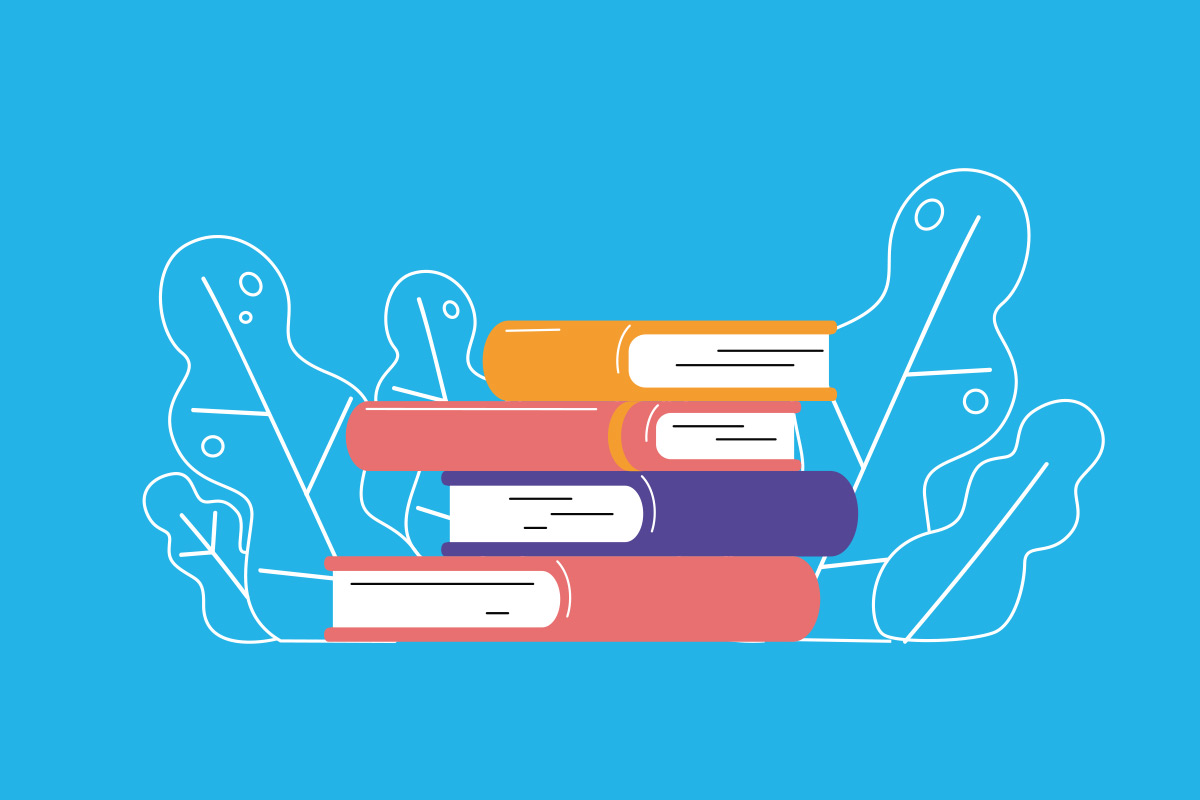
SALTO RESOURCES
Guidelines on Development of Inclusion and Diversity Strategies
NA
E&T
Guidelines that provide tips and recommendations for national agencies to develop effective inclusion and diversity strategies within the Erasmus+ programme.
As part of its efforts to strengthen the inclusive dimension of the Erasmus+ programme, the European Commission has encouraged national agencies responsible for the implementation of the programme to develop national inclusion and diversity strategies. Together with a pool of experts that have been delivering tailor-made mentorship service to national agencies across Europe, SALTO developed guidelines with tips and tricks for the successful development of such a strategy.
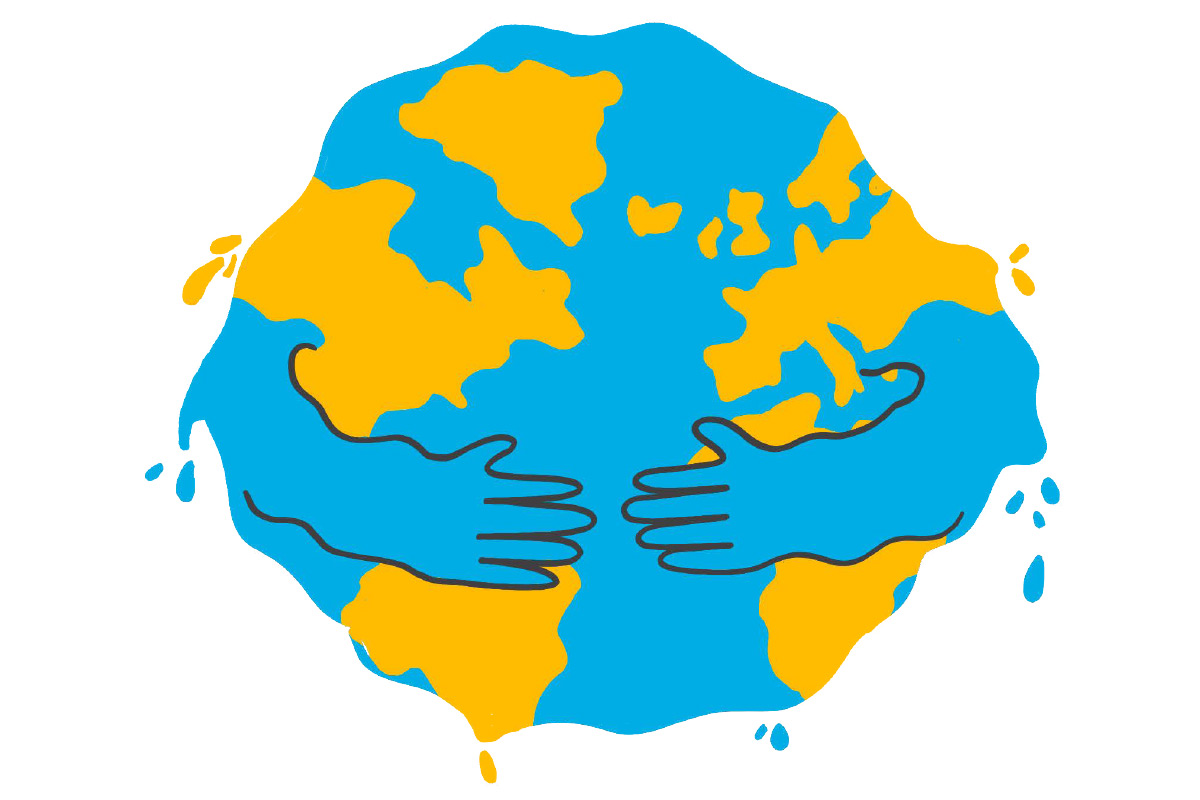
OTHER RESOURCES
Inclusive Communication Manual
BEN
NA
E&T
Provides principles, advice, and examples for inclusive communication and events, covering diversity in gender, sexuality, culture, language, disability, and accessibility.
This manual, created by European Student Network (ESN), covers general principles of inclusive written, spoken and visual communication, as well as specific examples. The manual includes advice related to gender and sexuality, cultural and linguistic diversity, disability and accessibility, delivering inclusive events and inclusion in design. It also gives examples of behavioural communication that can sometimes be overlooked.
TAGS
Target group:
BEN
Beneficiaries and applicants (beneficiaries= organizations and institutions implementing Erasmus+ programme; (potential) applicants= organizations and institutions applying for Erasmus+ programme funds)
NA
National Agencies: appointed by European Union countries to implement Erasmus+ in their respective countries
Field in sector of Education and Training in Erasmus+ programme:
AE
Adult Education
HE
Higher Education
SE
School Education
VET
Vocational Education and Training
E&T
All fields in Education and Training sector